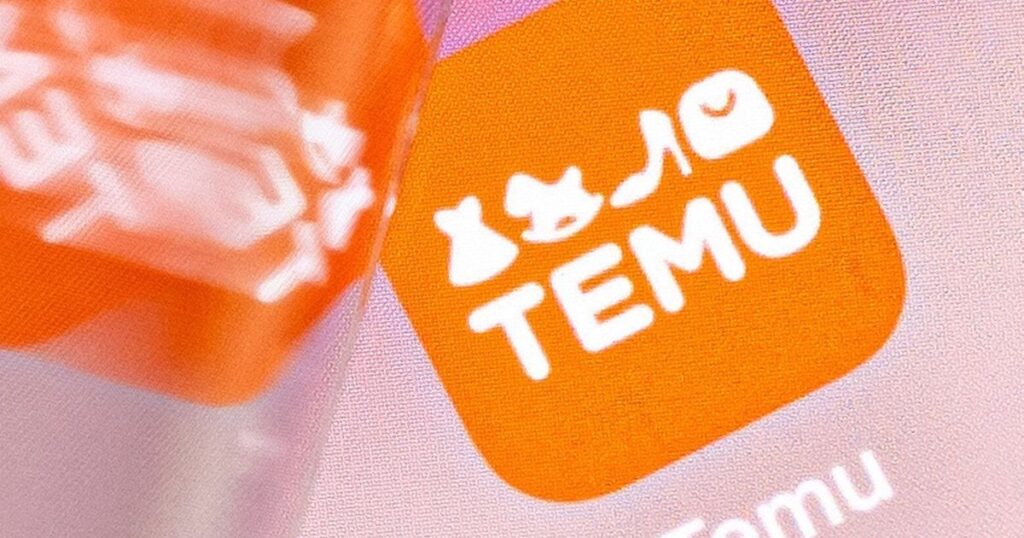After months of turmoil from President Donald Trump’s tariff changes, e-commerce platform Temu is charging back into the U.S. market with deep discounts to regain ground against rival Shein.
At least two dozen of Temu’s bestselling products tracked by Bloomberg have seen prices drop by 18% on average in early September compared with late April, when small parcels still enjoyed duty-free access to the U.S. under the so-called “de minimis” tariff exemption. Some items have seen cuts as deep as 60%.
The push comes after Temu — hit hard by the levy changes — briefly retracted from the U.S. market, pivoting instead to Europe and other parts of the world. The discount retailer’s U.S. sales plunged more than 30% during some weeks in June and continued to fall by more than 10% in July and August, according to data compiled by Bloomberg Second Measure, which analyzes credit and debit card transactions in America.
The PDD-owned platform now appears to have had a change of heart amid Shein’s return to growth in the U.S. even with higher prices. Besides the deep discounts, Temu has stopped charging buyers import fees that caused prices to increase steeply — at times forcing customers to pay taxes that exceeded the cost of the items themselves.
The company, which built its business around shipping goods from Chinese factories to American homes in small parcels, found the model shaken after Trump removed the de minimis exemption.
Temu did not respond to queries on the price cuts. But it’s been pushing merchants to restock for the U.S. holiday season with deep discounts, people familiar with the matter said. One merchant said Temu has recently boosted alerts on a portal meant for sellers, urging them to cut prices in exchange for better app traffic.
The company has also stepped up its advertisements in the U.S. Daily new ad numbers have jumped to a few thousand or exceeded 10,000 on some days after dropping to just a few dozen or less most days in the second quarter, according to data tracked by Appgrowing Global. That said, marketing efforts remain subdued compared to the pretariff peak, when the platform was flooding consumers with more than 20,000 new ads a day.
While several Temu merchants in China told Bloomberg News they are largely willing to cut prices, welcoming more channels to boost U.S. sales despite thinner margins, growth remains elusive so far. Four of them reported continued declines, with one citing as much as a 20% drop in recent weeks. For those selling across multiple U.S. e-commerce platforms, Temu has slipped to become their lowest-performing channel since cutting its ad spend.
In contrast, Shein’s sales in the U.S. recovered after a brief dip following the end of the de minimis tariff exemption. The company has raised prices since, though growth has slowed in recent weeks and contracted toward late August, according to Second Measure data.
Meanwhile, Temu is working with third-party courier services to build a comprehensive logistics network — from cross-border shipments out of China to the U.S., to warehouse storage and last-mile delivery, the people said. The company has encouraged sellers using alternative logistics providers — or those with no arrangements of their own — to adopt its services, they added.
Earlier this year, Temu had asked merchants to ship their products in bulk and find warehouses on their own in the U.S. Since then, many small merchants without logistics options of their own left the platform. Some bigger merchants involved in cross-border e-commerce on other platforms, such as Amazon, have been using third-party courier services to ship their Temu orders to consumers, including Amazon’s fulfillment services.
— With assistance from Jinshan Hong, Denise Lu, Zheping Huang and Luz Ding.

